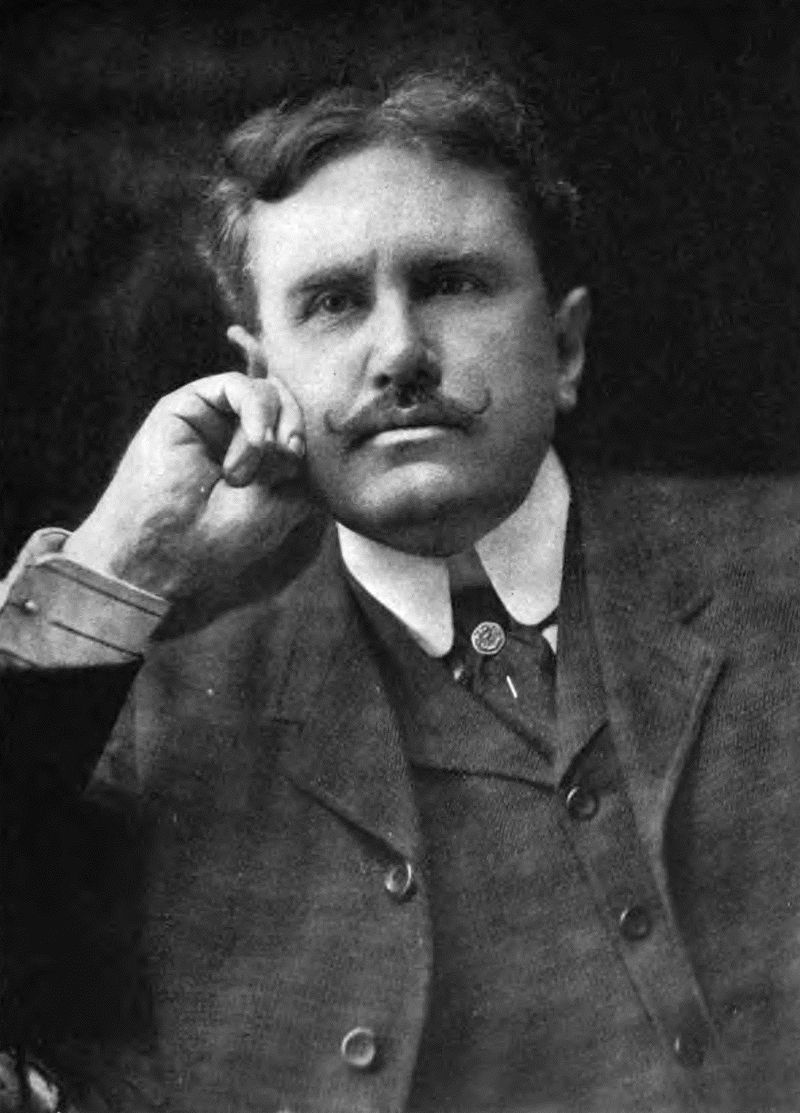Introduction
William Sydney Porter, better known by his pen name O. Henry, was one of America’s most celebrated short story writers. Born on September 11, 1862, in Greensboro, North Carolina, Porter’s life was marked by both remarkable creativity and personal turmoil. His works, characterized by wit, vivid storytelling, and surprise endings, have left an indelible mark on American literature.
Early Life and Education
William Sydney Porter was the son of Algernon Sidney Porter, a physician, and Mary Jane Virginia Swaim Porter. His mother died of tuberculosis when he was just three years old, leaving him and his father in the care of his maternal grandmother and paternal aunt. Porter’s formal education was limited; he attended a school run by his aunt, Eva Porter, but left at the age of 15 to work as a pharmacist’s assistant in his uncle’s drugstore. This early exposure to the colorful characters who frequented the drugstore may have sparked his interest in storytelling.
Move to Texas and Early Career
In 1882, at the age of 19, Porter moved to Texas, partly to escape the threat of pneumonia, which had claimed his mother’s life. He settled on a sheep ranch in La Salle County, owned by family friends. The rugged, expansive landscape of Texas would later serve as the backdrop for many of his stories. In 1884, he married Athol Estes Roach, with whom he had two children, though one died in infancy.
Porter’s creative talents began to emerge during this period. In 1887, he worked as a draftsman at the Texas General Land Office and later as a bank teller in Austin. However, it was his foray into journalism that truly ignited his literary career. In 1894, he founded The Rolling Stone, a humorous weekly magazine. Though the publication failed within a year, it showcased Porter’s knack for satire and storytelling.
Legal Troubles and Imprisonment
Porter’s life took a dramatic turn in 1896 when he was accused of embezzling funds from the bank where he had worked. Although the circumstances surrounding the case remain debated, Porter fled to Honduras to avoid trial. He returned to Austin in 1897 after learning that his wife, Athol, was gravely ill. She died shortly thereafter, and Porter was convicted of embezzlement in 1898. He served three years of a five-year sentence at the Ohio Penitentiary in Columbus.
It was during his imprisonment that Porter began writing short stories in earnest, using the pseudonym “O. Henry” to conceal his identity. His time in prison not only honed his craft but also provided him with material for some of his most famous tales, including A Retrieved Reformation, which was inspired by his interactions with fellow inmates.
Literary Success and the O. Henry Style
After his release in 1901, Porter moved to New York City, the setting for many of his most iconic stories. Between 1903 and 1906, he wrote a story a week for the New York World, cementing his reputation as a master of the short story form. His works often depicted the lives of ordinary people, infused with humor, pathos, and his signature “O. Henry twist”—a surprise ending that often revealed a deeper truth or irony.
Some of his most famous stories include:
- The Gift of the Magi (1905): A poignant tale of love and sacrifice, where a young couple sells their most prized possessions to buy each other Christmas gifts.
- The Ransom of Red Chief (1907): A humorous story about two kidnappers who find themselves outwitted by their mischievous captive.
- The Last Leaf (1907): A touching narrative about hope and resilience, set against the backdrop of a Greenwich Village artist community.
Porter’s collections, such as Cabbages and Kings (1904), The Four Million (1906), and The Trimmed Lamp (1907), showcased his versatility and ability to capture the essence of both rural Texas and urban New York.
Personal Struggles and Legacy
Despite his literary success, Porter’s personal life was fraught with challenges. He struggled with alcoholism and financial difficulties, often spending his earnings as quickly as he made them. By the time of his death on June 5, 1910, at the age of 47, he was virtually penniless.
O. Henry’s legacy, however, endures. His stories have been translated into numerous languages and adapted into films, television shows, and stage productions. The O. Henry Award, established in 1919, honors outstanding short stories and continues to celebrate his contributions to the genre.
Conclusion
William Sydney Porter, or O. Henry, was a literary genius whose life was as complex and colorful as his stories. From his humble beginnings in North Carolina to his tumultuous years in Texas and New York, Porter’s experiences shaped his unique voice and storytelling prowess. His ability to blend humor, irony, and humanity in his tales has earned him a permanent place in the pantheon of American literature. Though his life was cut short, his stories continue to captivate readers around the world, proving that O. Henry’s legacy is truly timeless.
To read the full text of The Gift of the Magi, visit: The Gift of the Magi – Full Text.
